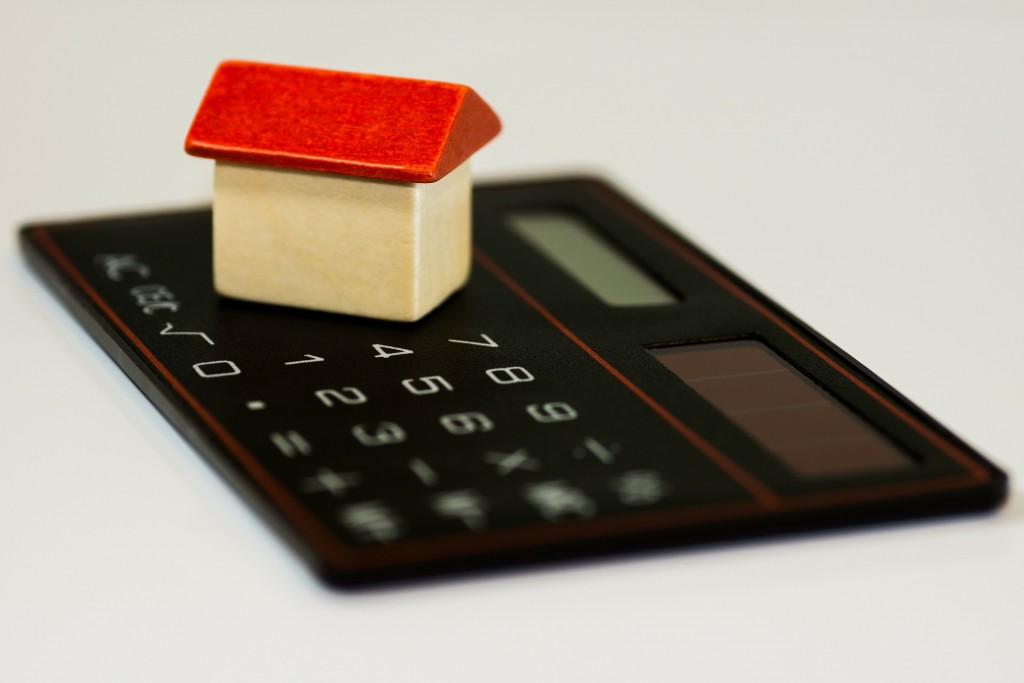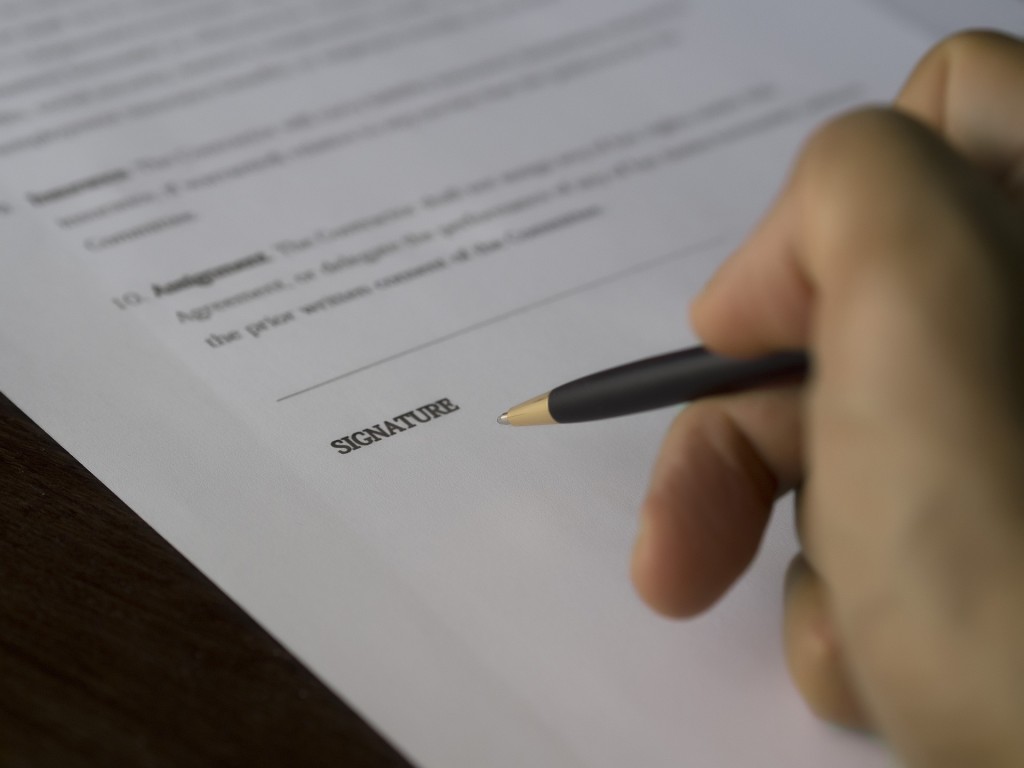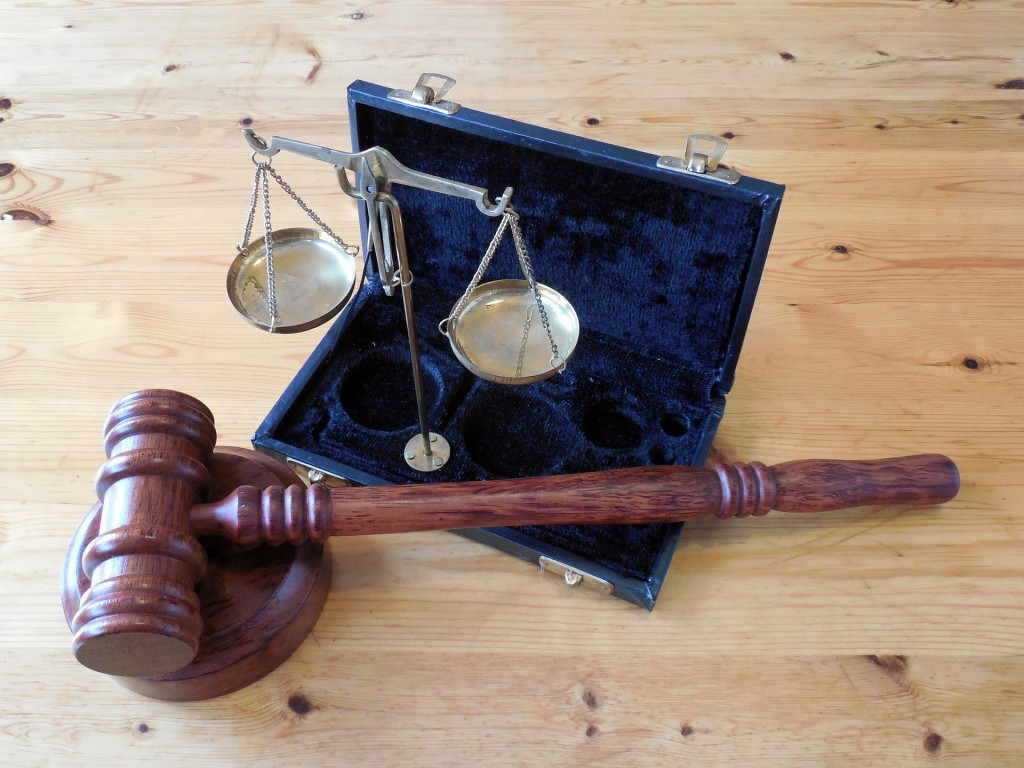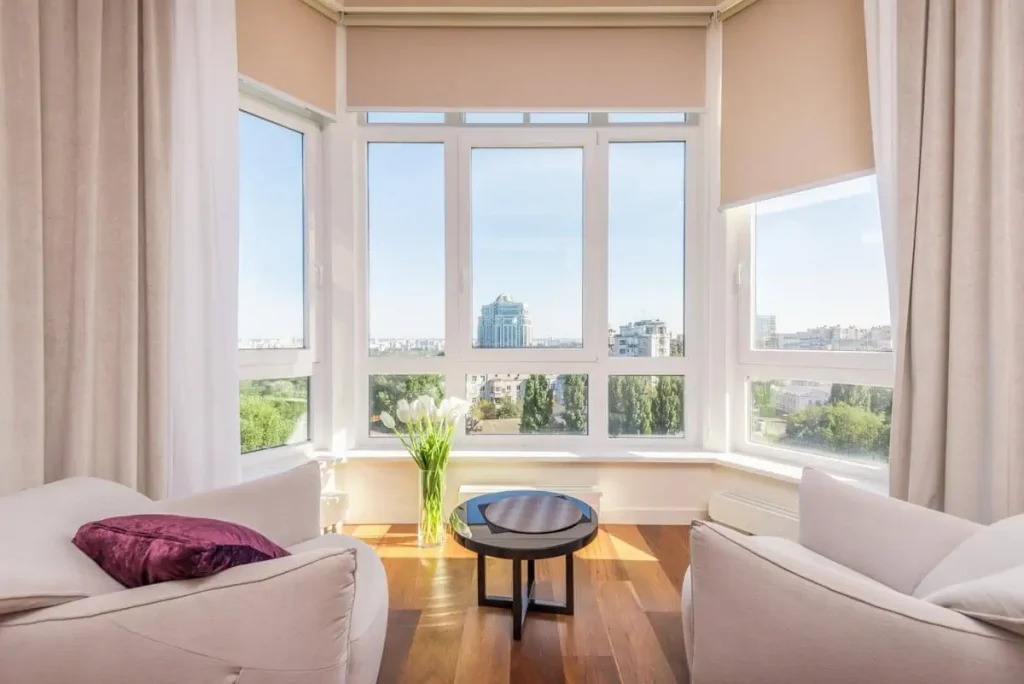Do you want to earn money without lifting a finger? Two words: real estate. More and more home buyers are renting out their condos and homes for added income, which makes owning a home truly a great investment.
The rental market is growing all over the world. The Telegraph calls it the Rise of Generation Rent. In England, the number of people renting rose to nearly 3.9 million in 2013. As the number of renters almost double, homeownership fell to its lowest level in over a quarter of a century. Residential leasing is also the norm in the United States, where homeownership rate has been falling for eight years while marking the strongest 10-year stretch for rentals. In developing countries such as the Philippines, over two-thirds of the population would prefer to rent than buy property, according to a Lamudi research.
Putting up your condo or apartment for rent seems like a very attractive opportunity. But before you offer it to prospective renters, read on the common avoidable mistakes when you rent out your property and get the best out of your investment.
Not Covering All Fees

Photo courtesy of AlexanderStein via Pixabay
Let’s say you are still paying for the condo’s amortization. Remember that monthly bank payments are not the only expenses in the condo. You have to factor in annual taxes, homeowner’s fees, renovation, and maintenance. Of course, always be reasonable in computing for expenses or you might end up charging unfairly. When you have decided to include homeowner’s fees to the rate, tell your prospective renters so they will know the breakdown of expenses.
Do Not Overcharge

Photo courtesy of Olichel via Pixabay
We understand that having someone else stay in your home is a big step for you. Renting out your place is indeed a very personal matter. But be careful not to overcharge just because you think your condo is the best out there or because you are emotionally attached to the condo. Learn about the rental market in your location and the current price range. If not, you will find it very hard to get a lessee and you will lose a considerable amount of the money for every day that your unit remains vacant. Also, do not get offended when someone bargains on the rate. Everyone is just trying to make a good deal.
Screen Well, but be Careful Not to Discriminate
As soon as you put up your apartment for rent and people start calling, you have to be prepared with the questions that you, as a landlord, also have to ask. Ask how many will be staying in your unit, are there children or elders, do they have a pet, why are they renting or why in that location, where did they rent before and why did they leave, etc. It would also be nice if you could prepare a short form for them to fill out so you could compare all inquiries. Remember that it is your home you are offering to strangers. Just like job applicants, they have to meet certain qualifications.
However, be mindful of the qualifications you will set. Educate yourself with laws and ordinances about the rights of landlords and renters. Discriminating against religion or gender may get you into trouble.
Get Everything in Black and White

Photo courtesy of edar via Pixabay
This is definitely the top tip for landlords. Forget verbal agreements, regardless if the would-be occupant is a friend or an acquaintance. For everyone’s protection, a lease contract must be in black and white, notarized if possible, and signed in the presences of both parties. Before any lease agreement is signed, make sure to clarify all statements there and make sure the renter understands and agrees.
If you have made amendments in the contract, such as moving the first date of payment, have a separate signed agreement on that, too. If you allowed the renter to make minimal renovations that include repainting, updating kitchen cabinets, and drilling holes on the wall, make sure you put that on black and white also. Discuss whether the cost of renovation will be deducted from the monthly rate or the renter agrees to bring everything back to its original look when they leave, thus freeing them from any financial obligations.
Not Taking a Picture of the Unit

Photo courtesy of jarmoluk via Pixabay
People inquiring on a unit are fond of taking pictures. You, as the landlord, should be, too. Don’t rely too much on memory because they often fail. Make sure to take pictures of your condo or apartment so that you know if something has been altered without your permission. At the end of the occupant’s contract, you can take a look at the unit and demand for renovation fees if necessary.
Decide: Long-Term or Short-Term?
Before jumping into the residential or commercial leasing business, you must decide if you would be offering your unit on a short-term or long-term basis. A long-term lease usually covers a period of at least one year, while a short-term lease accommodates renters on a monthly basis. Factor in gains and losses if you decide to go either way. When you choose to go long-term, you are sure of an occupant for a year with security deposit but the rate remains constant. For a short-term lease, daily and weekly rates are usually higher but you are not assured of an occupant. Also, you might have to hire maintenance personnel who will look after your unit when guests arrive and leave.
No Home Insurance
Among the top mistakes when renting out property is not getting the proper insurance. Remember that you entrusted your property to someone else, a total stranger most of the time, and things can happen during their stay. Before you lease out your condo or apartment, make sure you have an insurance to cover emergencies, both man-made and acts of nature. A home is an investment of a lifetime, so take good care of it.
Not Being Honest with a Tenant
Disclose important information to your tenants such as when water pressure at night is not as strong as the rest of the day. Things like these are important. You don’t want your tenant to be calling you in the middle of the night because no water is dripping from their faucets. Remember that you have a signed lease contract, wherein you stated that you are renting out a condo in good condition.
Not Knowing the Law

Photo courtesy of succo via Pixabay
It is your responsibility as a landlord to know about the law and not break them. The law protects the rights of tenants and you should be aware of these rights. For example, the law states up to how much you can increase your rate and in how many years. The law also strictly implements the grounds on which you can kick a tenant out so be careful about that, too.
Failing to Visit
Make it clear with your tenants that you would be visiting from time to time. Regular visits are also necessary so you can avoid major repairs that need to be done in the future. This is also important so you can monitor if your tenants are following the rules. As much as possible, make your visits friendly and regular.
Homes are really a good investment. You can live in them, pass it on to future generations, or rent them out, while watching the value quickly double. But as in other investments, don’t simply jump in on the opportunity. Learn about the market and avoid rookie landlord mistakes as much as you can.









